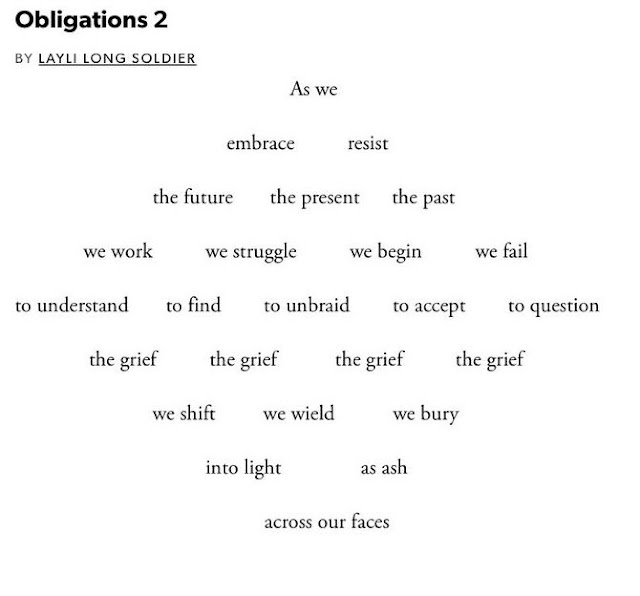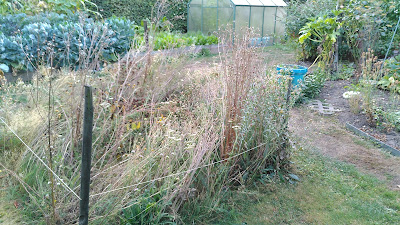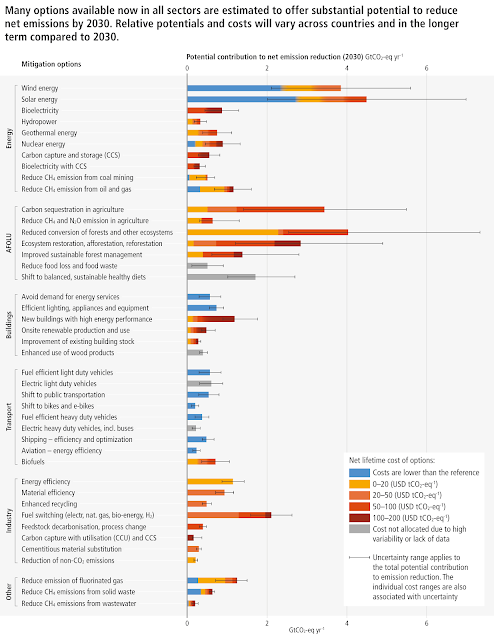In a comment, Ellen asked me to find out some info as to why some people don't seem to get infected with the corona virus. Today, I spent some zoom time with a group of immunology postdocs and in the end I got the chance to ask them for the latest info. This is what they told and sent me.
To properly find out why some people don't get infected once and for all, you really need to do in vivo research and in vivo means with living people. In other words, you need volunteers and to do this, you must follow strict rules (information on ethical principles for medical research involving human subjects is here). This is not something that's easily done, well, maybe the Chinese do it but are not sharing.
I only know of one study which was done with volunteers, 34 volunteers in fact, who were administered virus particles and then tested regularly. Of these, 18 became infected, the rest not.
In several other observational studies, i.e. watching and following real patients, it was checked how often infected people go on to infect their immediate partners. Of 52 infected people, 26 passed on the virus - exactly half.
But these studies are too small to simply be transferred to society and no way can we deduce from them that about half of all people do not get infected.
However, they at least show that it is possible to not become infected despite close risk contact. And that's really interesting stuff.
So a variety of theories are being investigated and bear in mind, it's early days, let's not jump to conclusions but there's potential. (When I refer to the corona virus in the following explanations, I mean the current virus, SARS-CoV-2. There are many other corona viruses which have given us common colds in the past, these I call corona-like viruses.)
Theory 1: T-cell response. T-cells are white blood cells and play a major role in our immune
system, they get their name from the thymus gland were they are formed. T-cells are responsible for our body's immune reaction. They have been investigated for quite some time, mostly regarding their role in cancer and MS and obviously in the last two years in relation to covid. It was found quite early on that some people infected with the corona virus appear to have a strong T-cell response, which means their T-cells reacted very quickly to the corona virus and possibly rendered it harmless before it could multiply to such an extent that symptoms appeared or tests turned out positive. The reason for a strong T-cell response can be genetically determined or due to previous infections, like colds triggered by previous corona-like viruses, providing some defence against infection. This is called cross-immunity. That does not automatically mean that past colds with corona-like viruses give you protection against this one, SARS-CoV-2. Not everyone seems to develop cross-immunity.
Theory 2: Blood group. The connection between blood groups and the severity of a corona disease has been studied quite extensively by now, so there is lots of data to allow agreement that people with blood group A have a higher risk of a severe infection compared to blood group 0. Also, blood group incompatibility between two people could prevent one from infecting the other. Blood group incompatibility simply means that two people who have different blood groups, for example A and 0, have natural antibodies against each other's foreign blood group. And these antibodies we have against foreign blood groups sometimes also seem to be directed against the corona virus. But again, if your partner has 0 and you have A, that does not automatically mean you will not infect each other, because it is not yet clear when this happens and when it does not.
Theory 3: Sex. More and more research is confirming sex-specific differences in susceptibility to the corona virus. Researchers see a connection with sex hormones such as estrogen and androgen. The current state of knowledge is that women are probably better protected against infections due to a more effective hormone-related immune response - and if they do become infected, they seem to be less prone to so-called systemic inflammation, meaning that most inflammation remains localised, i.e. to the nose or throat, and can be kept in check by the body's immune response, whereas systemic inflammation is something the body is unable to contain without help, so it spreads to other areas.
Theory 4: Age. Our immune response changes throughout life and tends to weaken with age, regardless of sex. Older people often not only have a more severe disease as a result, but could also be more likely to get infected and have a longer recovery period.
Theory 5: Viral load. The viral load reflects how much virus an infected person has taken in. The viral load can be quite high in the throat or nose. It is generally assumed that high viral loads are also associated with being more infectious. But not every infected person sheds the same amount of virus. Studies of large corona outbreaks have shown that the virus was sometimes spread by only a few individuals who infected many others at once. And symptoms are not a measure of viral load, asymptomatic or pre-symptomatic but infected people have been shown to have high viral loads. So far, only the Ct value of the PCR test can give an approximate reflection of whether someone is infectious or not. (Ct stands for cycle threshold and it indicates how many cycles a PCR test must run in order to detect viral material. The more cycles are necessary, the less viral material is found in the sample.)
Important: These theories do not stand on their own, they play together and strengthen or weaken each other. If you have not been infected so far, you must not assume that you are fundamentally immune. The conditions can be different the next time there is a risk contact - and then infection can occur. Also, this virus is a tricky bastard. But then again, all viruses are.
I can provide a list of reference to published research for anybody who wants sources etc.




